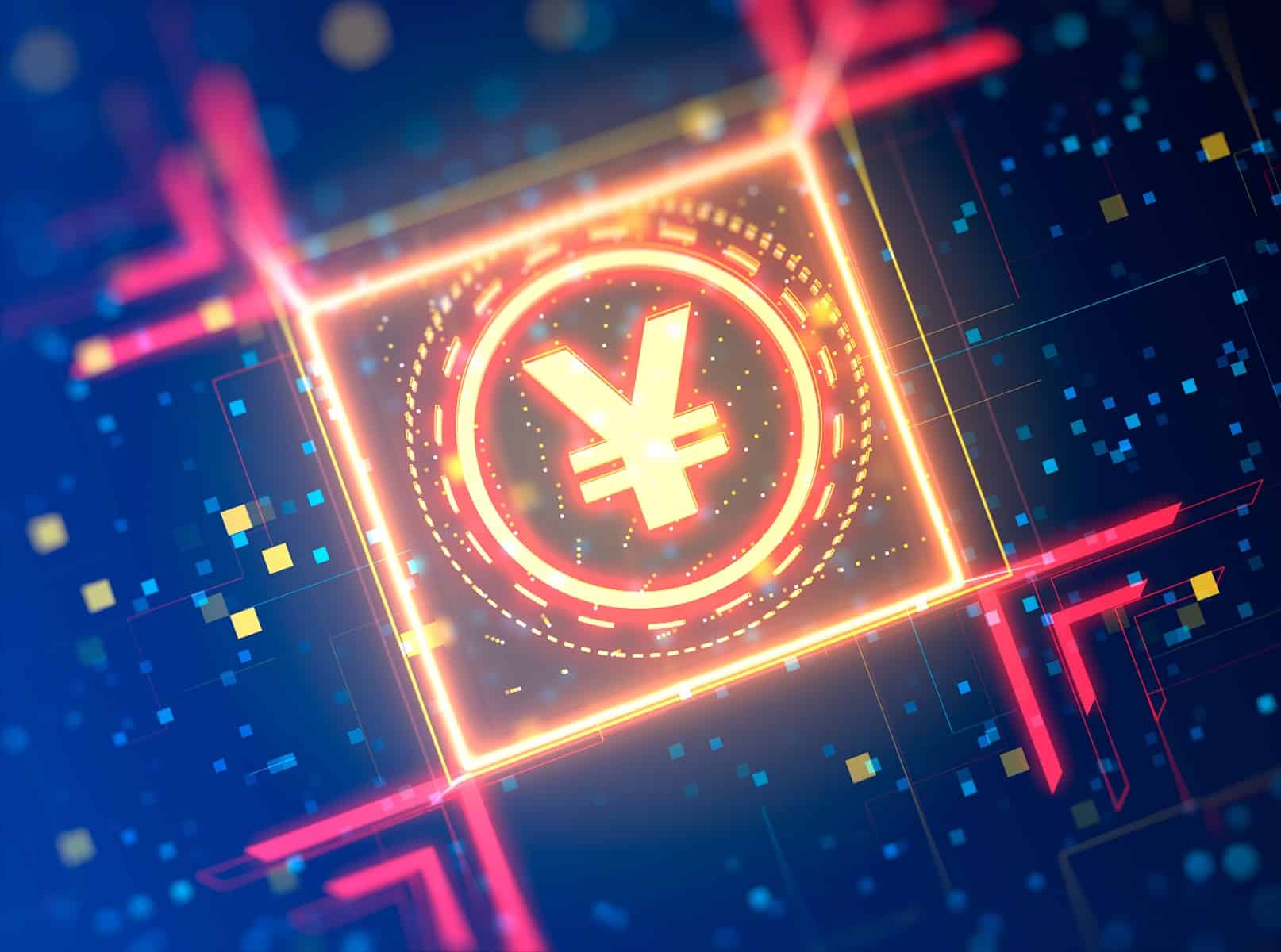Join Our Telegram channel to stay up to date on breaking news coverage
However, while adoption appears to be on the rise in South Korea, industry experts have also urged the government to create an encouraging environment or players.
A Short Implementation Window
Most notably, industry experts have called on the government to nix its proposed crypto tax plan for now. Earlier this week, local news source News1 Korea reported that the Korea Blockchain Association (KBA), a blockchain and crypto advocacy group, requested that the government postpone implementing its crypto tax framework for 18 months.
The South Korean government’s proposed tax plan has been a particular sticking point for many in the country’s crypto space. The plan was published by the Ministry of Finance and Economy in July, with the Ministry stipulating that taxation for digital assets is a necessity as these assets continue to penetrate the traditional financial system.
Under the new framework, the Ministry plans to categorize all gains from digital assets and intangible assets as taxable income. However, any income below 2.5 million won (about $2,000) per year falls below the Ministry’s minimum threshold and will be tax-exempt. All income above the minimum threshold will be subject to a 20 percent tax rate, on par with the tax rates for most other capital gains and taxable income in the country.
The tax laws apply to local and foreign transactions that trade digital assets via South Korean exchanges. Under the new rules, exchanges will be responsible for all tax deductions and paying the monies to the Korean customs office.
While the laws should come into effect on October 1, 2021, the BKA asks for a delay until January 1, 2023. As News1 Korea explained, the window for adjustment is too short, and exchanges won’t effectively adapt to the new tax regime. As the advocacy group explained, exchanges will be allowed to report on trades using the soon-to-be-outdated tax policy until the end of September. A 24-hour period will be too short for them to make the necessary changes.
Ineffective Reporting
Oh Gap-soo, the BKA’s Chairman, also explained that a suspension of the tax code would be necessary since it is the first time the government is getting involved in digital asset taxation. He pointed out the possibility of regulators not accepting crypto firms’ reports – a possibility that could lead to sub-optimal operation
“The industry is having a great deal of difficulty in preparing for taxation because it is not equipped with a tax infrastructure in a situation where it is uncertain whether or not the business will continue ahead of the enforcement of the Special Payment Law.”
Besides the taxation laws, South Korean exchanges are also fighting back against the government’s mandatory identity verification rules. As Digital Today reported last week, the new regulations require exchanges to collect several details from their customers, including and especially social security numbers. However, that is a direct contradiction to the country’s Personal Information Protection Act.
Join Our Telegram channel to stay up to date on breaking news coverage


